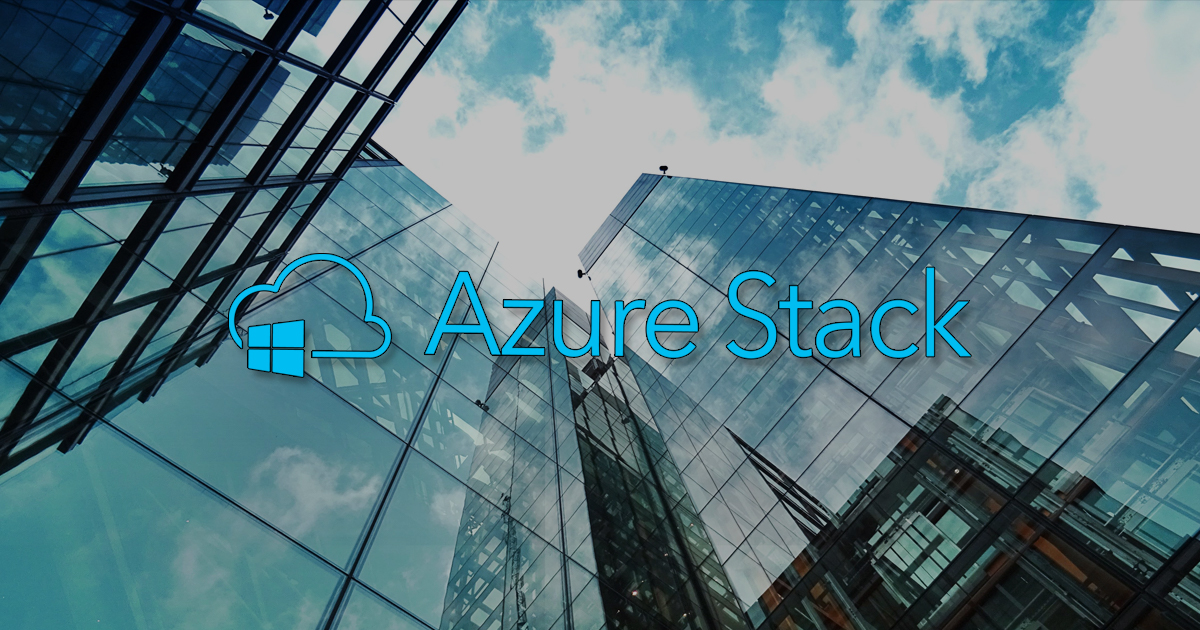I’ve been hearing about the eminent demise of on-premise workloads and “Private Clouds” ever since the Public Cloud became a thing. Most recently I’ve seen quite a few articles about how their days are numbered.
I disagree.
In my role as a Product Architect for Microsoft Hyper-V and Cloud Platform my team and I deal with traditional Virtualization but we also dabble quite a bit in Public Clouds, mostly Microsoft Azure. We try and make sure we utilize every service that we can to provide a streamlined product offering for our customers. So, I live in these worlds and often advise customers and architect environments that take advantage of both worlds. I’ll be speaking primarily from the Microsoft side of things.
First off private clouds still provide significant value and lower your overall IT spend. Your benefits include being able to fully manage your entire stack from the networking on up. You’re in control of the compliance and how everything operates. There are still quite a few reasons to use traditional virtualization for things like legacy workloads and most of all control. You also have full access to all the capacity you purchased up front, and when you aren’t using that capacity it’s available to you right away. It certainly is not hyperscale, but it is guaranteed capacity within your data center.
Public clouds are advancing at a rapid pace, in some cases new features are added hourly. They are starting to become MUCH friendlier to compliance requirements like PCI, FedRAMP and many others. And as a result, it is becoming more appealing to put your workload in Azure or AWS.






